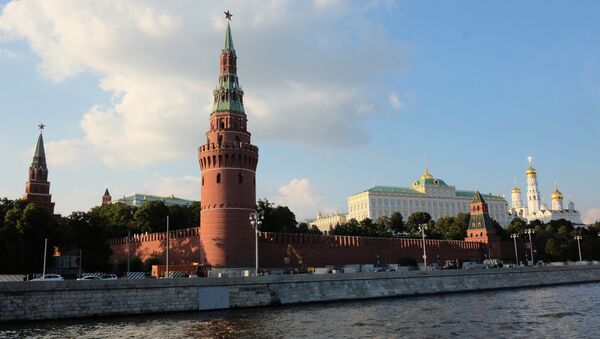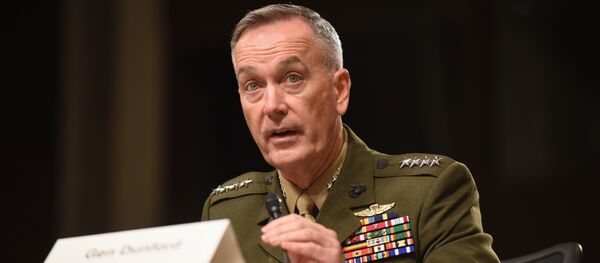"Senior US intelligence officers would never so casually and publicly admit they had high-level intelligence sources in the Kremlin," Giraldi said on Monday. "That is the most elementary of procedures."
The New York Times reported on Friday, citing unnamed US intelligence officials, that US sources in the Kremlin who had warned about Russian intervention in the US 2016 presidential election were now remaining silent about any possible Russian plans to intervene in the upcoming congressional elections in November.
"This New York Times exclusive reads like a very bad TV or comic book plot," he said.
The story appeared to be an effort to lend credence to the repeated but entirely unsubstantiated allegations that Russia had interfered in the US 2016 election, Giraldi noted.
"Getting such a lie out through the New York Times to the American public may also be an attempt to add credence to the fact that no evidence existed to support the allegations that Russia ever ordered or attempted to affect the outcome of the 2016 US presidential election at all," Giraldi said.
The New York Times article was filled with inaccuracies and outright lies, Giraldi stated. "The New York Times report is filled with lies and half-truths. In this it is reminiscent of the notorious Judith Miller and Michael Gordon article that was part of the propaganda build up and justification for war with Iraq in 2003," he said.
"It is far more likely that US intelligence officials are trying to pull off a double bluff and convince the Russians that they have agents there in order to set off a fruitless and distracting counter-intelligence search," he said.
Also, contrary to insinuations in the New York Times article, there was no evidence to indicate that Russia was trying to kill US sources or intelligence agents, Giraldi added.
READ MORE: Moscow Slams Reports of Re-Establishment of Anti-Russia Spy Body in US
"Nor is there any evidence at all that President Putin or the Russian government is killing spies. The individual case of Sergei Skripal is filled with unresolved doubts and questions and there is no hard evidence at all to blame it on Moscow," he said.
Philip Giraldi is executive director of the Council for the National Interest, a group that advocates more even-handed US government policies in the Middle East.




